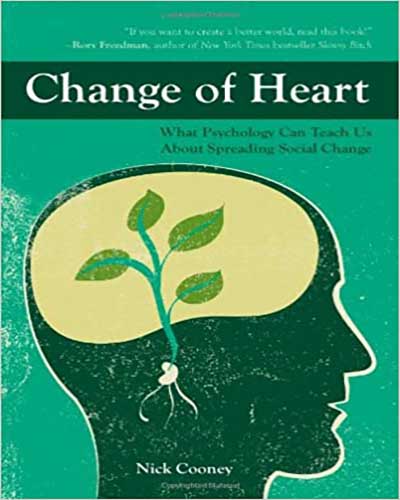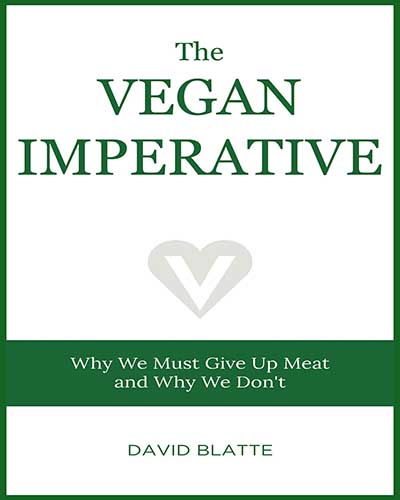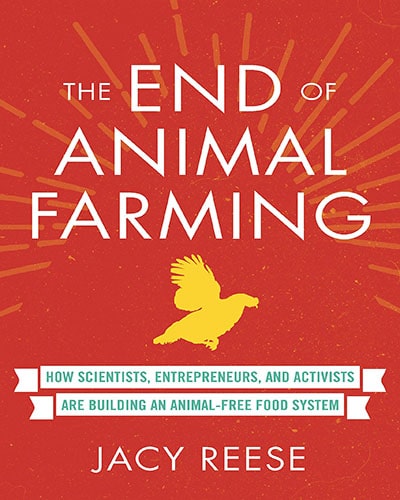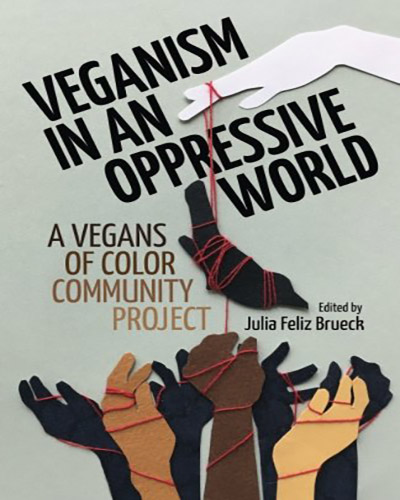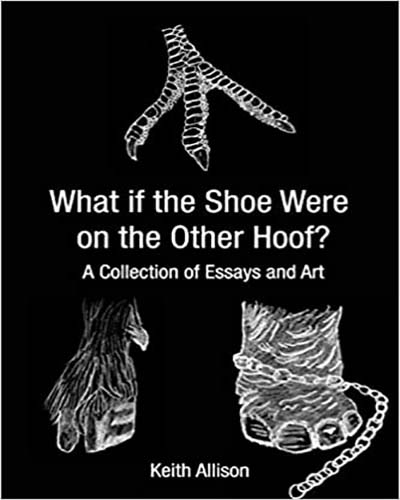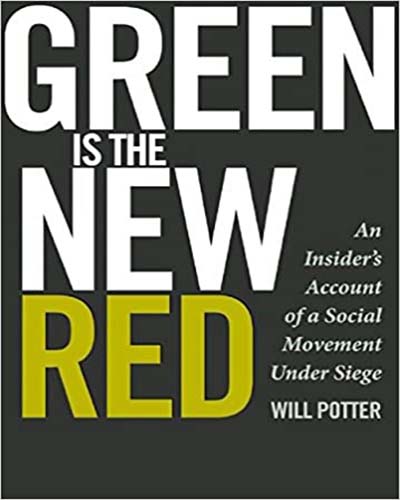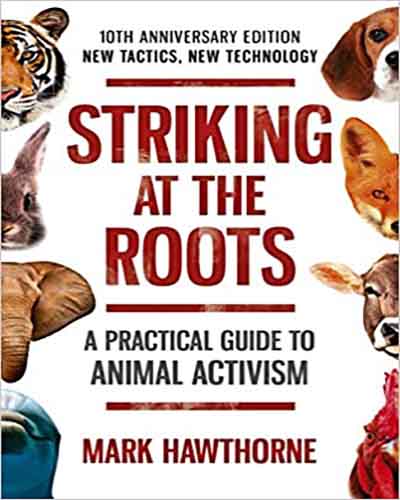NOTES FROM THE PUBLISHER
Change of Heart Overview
Should anti-war protestors use graphic images to get public support for their cause, or will such images turn the public off? In encouraging the public to adopt sustainable behaviors, should environmental organizations ask for small changes like using fluorescent light bulbs or big changes like giving up cars? Why do most Americans say they oppose the cruel practices of factory farms and sweatshops yet still buy products from these places? And how can non-profits get more people to say yes to their requests to volunteer, donate, recycle, write a letter to a political prisoner, support gay rights, go vegetarian, conserve energy or make other positive changes?
Scientific research has generated a wealth of information on how people can be persuaded to alter their behaviors, yet this body of knowledge has been largely ignored by those working to improve society.
Change of Heart: What Psychology Can Teach Us About Spreading Social Change brings this information to light so that non-profits, community organizers, and others can make science-driven decisions in their advocacy work. The book examines over 80 years of empirical research in areas including social psychology, communication studies, diffusion studies, network systems, and social marketing, distilling the highlights into easy-to-use advice and serving as a psychology primer for anyone wanting to spread progressive social change.
About the Author
Nick Cooney serves as director of education for Mercy For Animals, spearheading the organization’s vegan advocacy efforts, including its online, television, and other national and international advertising campaigns.
He has lectured across the U.S. and Europe on effective animal advocacy, and his work for farmed animals has been featured by hundreds of media outlets, including Time magazine, The Wall Street Journal, and National Public Radio.
Editorial Reviews
“At its root, Change of Heart makes a strong appeal to advocates to assess the efficiency of their campaigns and take the necessary steps to create as much good as possible. Cooney may be seen as a figurehead—a motivating guide. But ultimately, he leaves the responsibility to his readers to discover and strike the complex balance between understanding others and influencing them. His theory teaches us that practical methodology does not necessarily need to fight against human conduct. Quite the contrary, it can leverage our beliefs and behaviors in order to revolutionize them.” – Stacey Slate. Civil Eats. Change of Heart: A Review of Nick Cooney’s Activist Theory. 16 Feb 2011
Books by Nick Cooney
Books You May Also Like
Share this book
Leave a Review
Leaving a review helps others choose which books are right for them and adds to the larger conversation about vegan living. If you haven't read this book, visit the portfolio, find one you have, and let's get talking.

